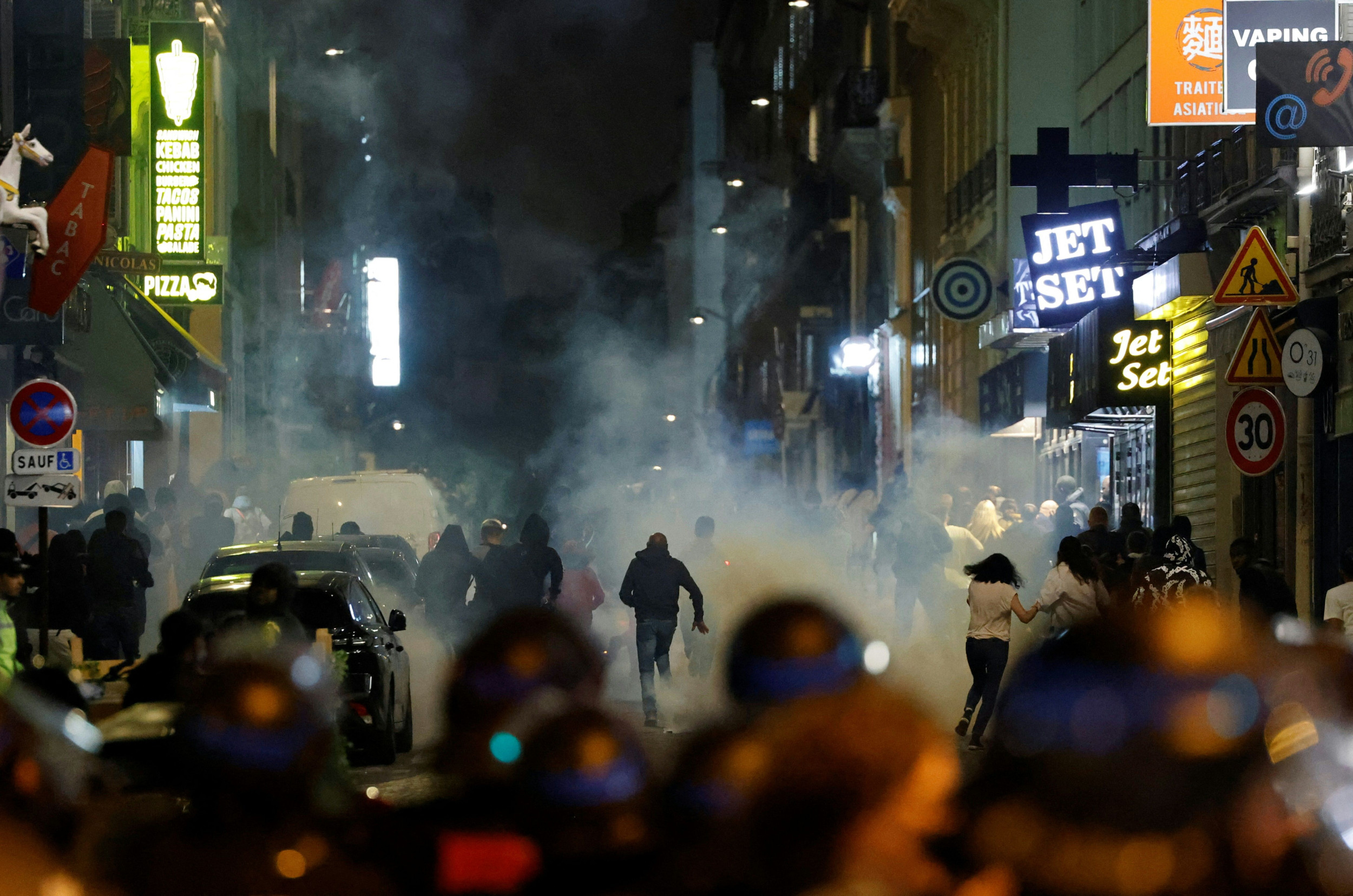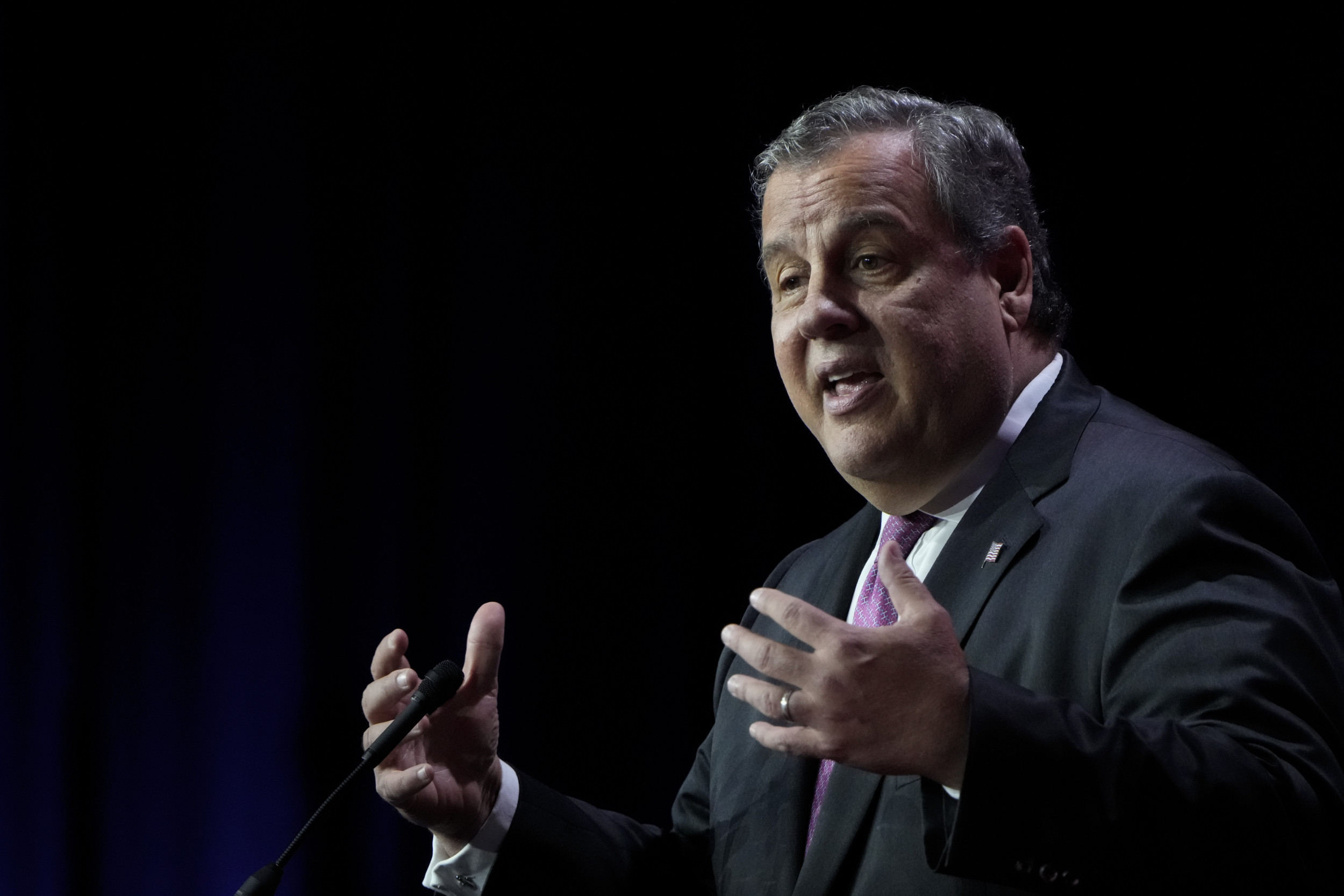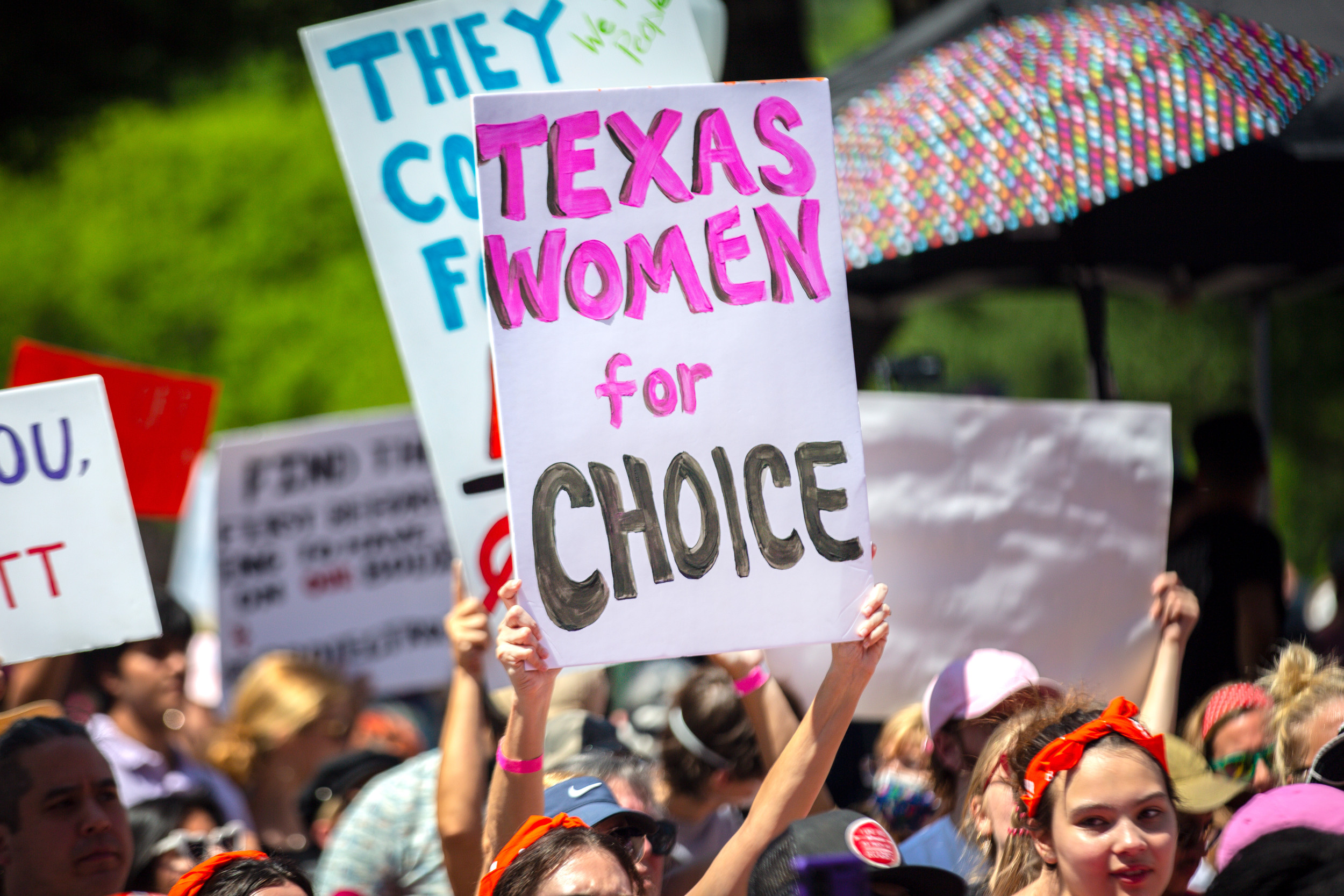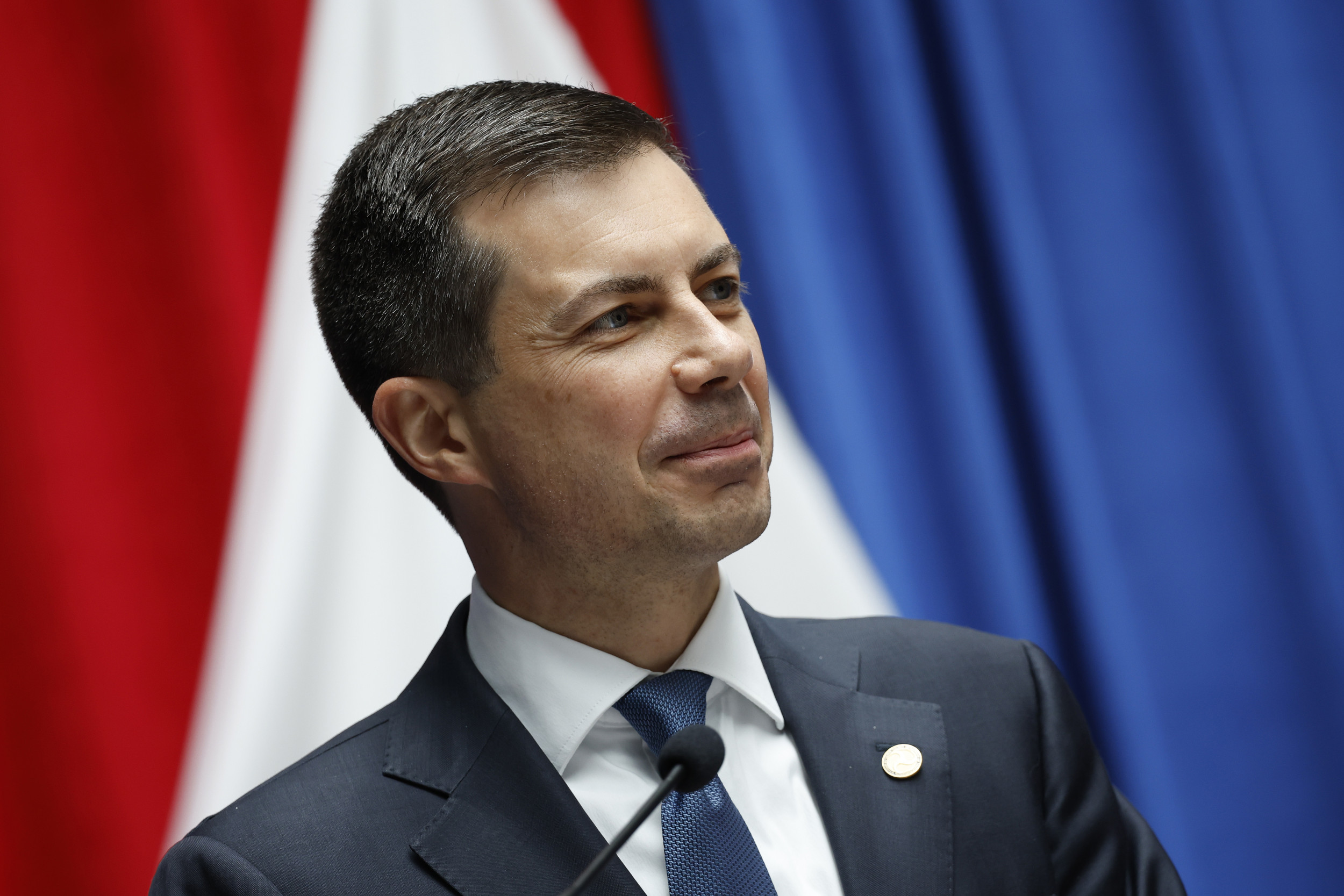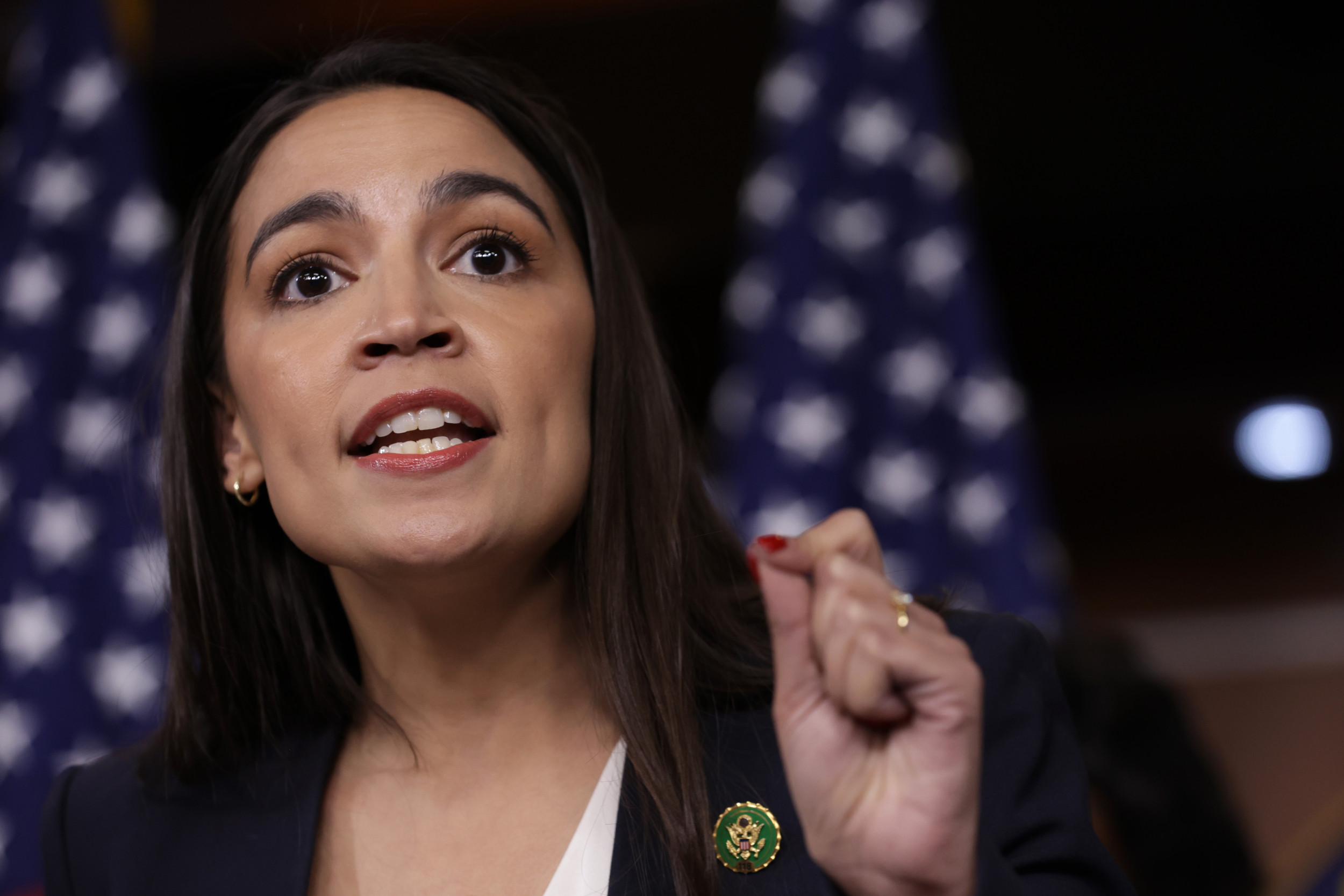President Joe Biden's new plan to pursue student loan forgiveness for millions of borrowers is likely to face hurdles, a law professor told Newsweek.
Biden on Friday vowed to push ahead with a new plan while blaming Republican "hypocrisy" for the Supreme Court's decision that killed his initial initiative.
But the court's 6-3 decision, with conservative justices in the majority, said the Biden administration overstepped its authority with its $400 billion plan. The court rejected arguments that the HEROES Act, a bipartisan 2003 law dealing with national emergencies, gave Biden the power to wipe away or reduce student loans held by millions.
Speaking at the White House, the president said his administration would now work towards a new path for student debt relief using the Higher Education Act of 1965. "It's going to take longer, but, in my view, it's the best path that remains to providing for as many borrowers as possible with debt relief," he said.
Since student loan repayments are set to resume in October, the White House is also creating a temporary "on-ramp" repayment program that will remove the threat of default for borrowers who fail to make payments on time when the current pause ends.

Biden said his new debt relief effort "is legally sound." His administration has maintained the original plan was legal.
But Cary Coglianese, a law professor at the University of Pennsylvania, said the plan is sure to trigger future legal challenges, especially given the Supreme Court's 6-3 conservative supermajority.
"Six justices will simply not countenance executive action to cancel hundreds of billions of dollars of student loans," Coglianese told Newsweek.
"Although last week's Court decision was based on the HEROES Act, a law passed 20 years ago, it is hard to see the same six justices taking any more favorable view of a similarly massive debt cancellation program under the Higher Education Act, an even much older statute but one containing language not markedly different from the HEROES Act."
Coglianese said there are "permissible" ways for the Department of Education to provide debt relief, such as by tweaking payment terms or targeting more limited pools of borrowers.
"Some of these more limited changes are reflected in the Administration's 'Plan B' and are likely to help some borrowers," he said. "But it would be unrealistic not to expect the most substantial forms of relief in any Plan B to give rise to new litigation."
After the Supreme Court's decision, the "only sure-fire way to deliver comparably massive student loan debt relief will be to secure approval of Congress," Coglianese said.
Therefore, the financial fate of more than 40 million borrowers could hinge on the outcome of the 2024 election.
"If control of at least one house of Congress, or the White House, rests with Republicans after 2024, student loan debt relief will be nothing more than a pipe dream," he said.
The White House has been contacted for comment.
